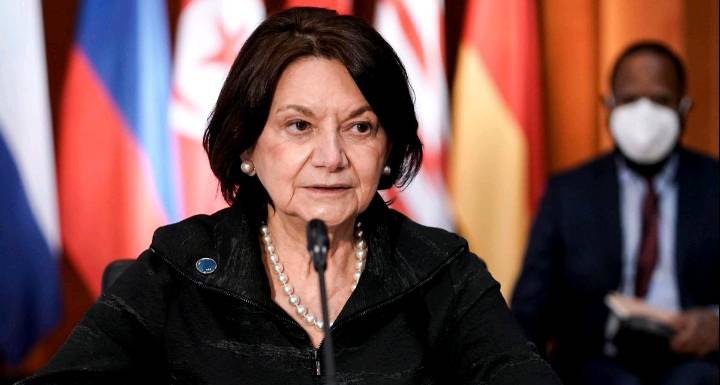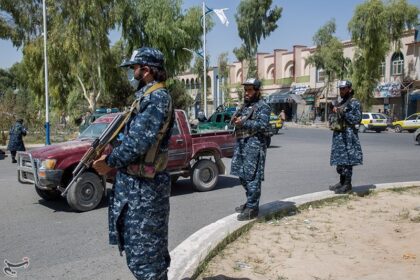RASC News Agency: The United Nations Deputy Secretary-General has warned of the imminent risk that the Doha Process may stall, a development that would not be in Afghanistan’s best interest. Issuing this caution, she highlighted that prior to the implementation of the Taliban’s “Propagation of Virtue and Prevention of Vice” law, several nations had shown interest in engaging and advancing the process. However, the situation has since become increasingly complex.
The Taliban’s law, which imposes severe restrictions on women and deems even their voices inappropriate in public, has sparked widespread criticism from women’s rights advocates in Afghanistan and around the world. Rosemary DiCarlo, UN Deputy Secretary-General, remarked that while those involved in the Doha Process remain committed to its continuation, they expect the Islamic Emirate to fulfill its international obligations with sincerity and integrity.
Following the enactment of the “Promotion of Virtue and Prevention of Vice” law, DiCarlo reiterated during a UN Security Council meeting that there is a significant risk of the Doha Process halting entirely. DiCarlo emphasized the necessity of increasing pressure on the Islamic Emirate, calling on nations to back their words with decisive actions. She noted, “Participants in the process want it to continue, but they expect the Taliban to engage in good faith with their international commitments. Engagement is critical. If we expect the Taliban to take us seriously, we must demonstrate seriousness in our actions.”
Furthermore, DiCarlo underscored that the formation of an inclusive government, the fight against narcotics, and combating terrorism are preconditions for any potential recognition of the Islamic Emirate by the international community. The Taliban have not yet responded to the Deputy Secretary-General’s comments. However, the group has repeatedly stated that its religious decrees are non-negotiable. Taliban officials have often reaffirmed that women’s rights will only be provided under their strict interpretation of Islamic Sharia (or “Taliban Sharia”).
Under Taliban rule, women have been systematically excluded from education, employment, and public life. To date, girls and women are still prohibited from attending school, and their rights remain gravely restricted.






